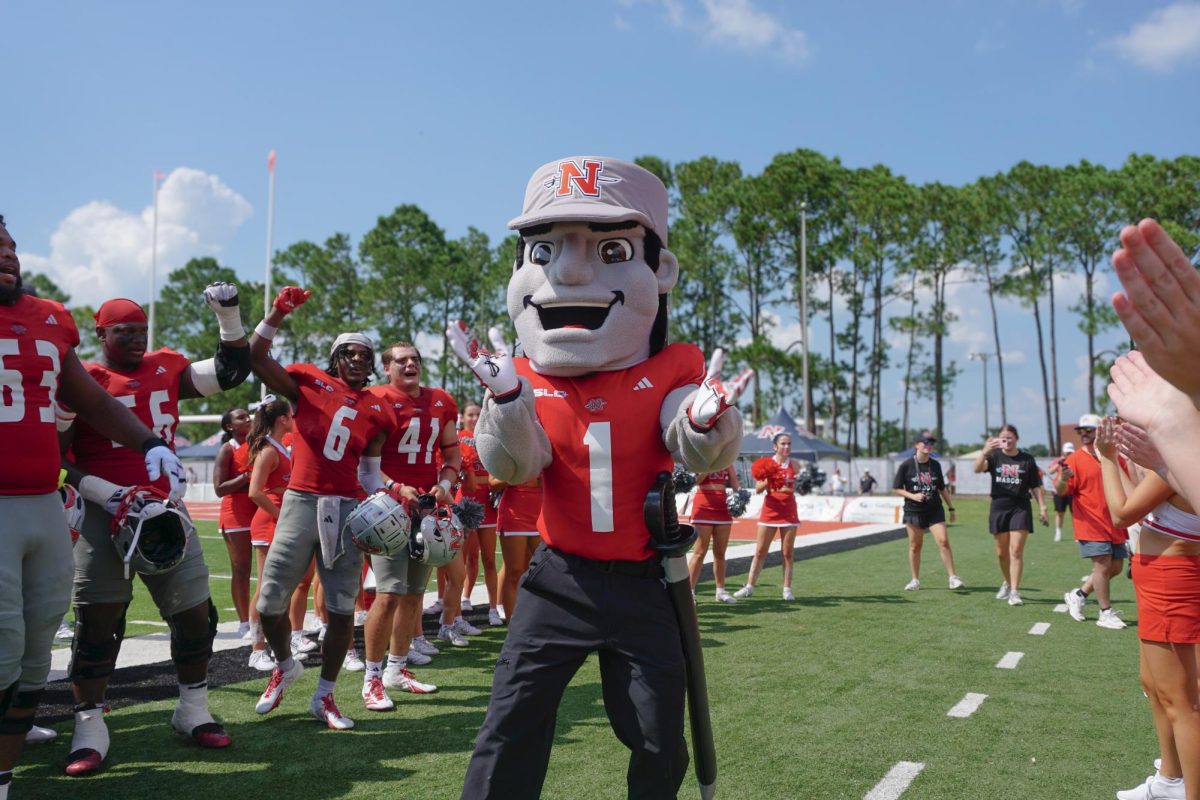When I was a little girl, we were all afraid of Uncle Edward. When he came to visit my grandmother, his sister, all of us kids would be on our best behavior. Even in the middle of the hot, California summer, the words, “Uncle Edward is here” would make us suspend our usual activity of slamming in and out of doors, running throughout the house and generally getting on the adults’ nerves. Uncle Edward was over at our house often as I was growing up. He was an intensely private person, although we just thought he was mean, and my grandmother was one of the few that he allowed into his inner circle.
Fast forward to Spring 2007. I had just started Nicholls and I was a reporter for The Nicholls Worth. Crystal Robichaux, then Lagniappe editor, wrote a story about the integration of Nicholls. I was almost finished the story when I realized that the Edward Baker she was referring to, in Edward Baker v. Francis T. Nicholls State College, was my Uncle Edward.
As soon as I could I called my Mom, another Nicholls alumna, and she confirmed it. “I thought you knew.”
Uh, no. But the thought of having a history maker in the family was tantalizing and seemed consequential. So I asked my aunties, my best resources on Thibodaux happenings, what they could remember about it. My Auntie Shirley, who was working on campus as only the second black janitor, remembered those days well, as well as the pride she took in the all of the students’ accomplishments and manner. She recalls that all of the men wore ties everyday. Uncle Edward had always been a conscientious dresser in an old school way: soft leather shoes, slacks always ironed to a crease and his perpetual Kangol hats.
My decision to come to Nicholls was made lightly. I had just moved here and I had always wanted another degree; Nicholls was right there so I went there.
But once I found out about this, I started thinking about how much it meant. There aren’t many families, let alone black families, that can say three generations have attended and graduated from the same institution of higher learning.
Legacy. It isn’t a word used often in today’s world, and it seems a bit old-fashioned. But that’s what it left me with: a feeling that I am part of a legacy. My actions here at Nicholls don’t reflect just on me but also on my family. My uncle died this May in a house fire. He will not be there, physically, when I receive my degree. He will be present, as corny as it sounds, in my heart and my mind. He will be present in the fact that I will, that I can, graduate.








